FC Bayern – The journey from being the city underdogs to the Europe’s finest.
#PausaHistoria [THREAD]
#PausaHistoria [THREAD]
Coming Sunday, FC Bayern will be playing in the UEFA Champions League final aiming for their 6th win in the competition. To an entire generation of football fans, they have always been the dominant team in Germany and one of the best in Europe. But this was not always the case.
Founded in 1900, Bayern Munich was an immediate success winning the regional Kreisliga in its first attempt in 1911. By 1920, the club was on the ascendency with a couple of national team players playing for them.
However, the advent of Nazism destroyed the club’s development. Club president Kurt Landauer was arrested and deported for being a Jew. Bayern were labelled as the Jewish club. Their local rivals 1860 München gained more popularity and Bayern had become the 2nd club of the city.
Bundesliga as we know it today was not established until 1963. Prior to that the German football was mostly played at an amatuer level with multiple regional leagues throughout the country. From 1945-1963, Bayern played in the Oberliga Süd.
The founding of Bundesliga gave hope to Bayern as the league required 5 teams from the Oberliga Süd and Bayern had finished the previous season at 3rd. However, it ws later ruled that only one team from a city would be allowed so the champions 1860 made it at Bayern’s expense.
That summer they hired Zlatko Čajkovski, a former Partizan and Yugoslavia player. Čajkovski had led FC Köln to two successive Oberliga West titles in the previous two seasons. At Bayern he would lead a group of youngsters who would create an era defining team in German football.
Under Čajkovski, three teenagers rose quickly to prominence within the first team - Sepp Maier, Franz Beckenbauer and Gerd Muller. Muller was initially thought to be of no use by Čajkovski, only for him to realize that the boy had an insane ability for converting goal chances.
Bayern arrived at the Bundesliga in 1965 and their first season was a success. They finished 3rd and won the DFB Pokal. This was their first trophy in almost a decade. However, the Bundesliga that season was won by 1860, showing the gap Bayern had to overcome.
The following season was Bayern’s first ever in Europe as they played in the UEFA Cup Winners’ Cup. This took a hit on their league form where they finished 6th but they won the European tournament beating Rangers in a tight final during extra time.
Čajkovski left Bayern for Hannover in 1968. He was replaced by Branko Zebec, his former Partizan and Yugoslavia teammate. Zebec had led Dinamo Zagreb to an Inter City Fairs Cup win in the previous season and introduced more defensive solidity to the Bayern setup.
Zebec appointed Beckenbauer as his captain and allowed him to play the famous libero style he came to be associated with. This led to both the player and the club’s best ever years. Bayern won three consecutive Bundesliga titles from 1971-74.
During this period, Bayern either developed or signed from the lower leagues players like Paul Breitner, Franz Roth, Uli Hoeneß and Hans-Georg Schwarzenbeck. These signings formed the core of the team that would end up winning 3 consecutive European Cups.
Since then Bayern have never looked back. They built upon their dominance every passing year to become the undisputed kings of German football and a European giant. They’ve had rivals in Mönchengladbach, Hamburg and Dortmund but no one has been able to match them throughout.
Today, Bayern is one of the most well run clubs in Europe with the board members being former players along with representatives from Adidas, Allianz and Audi that help the club maintain its great financial condition.

 Read on Twitter
Read on Twitter![FC Bayern – The journey from being the city underdogs to the Europe’s finest. #PausaHistoria [THREAD] FC Bayern – The journey from being the city underdogs to the Europe’s finest. #PausaHistoria [THREAD]](https://pbs.twimg.com/media/Ef9AcazUwAE8Byf.jpg)
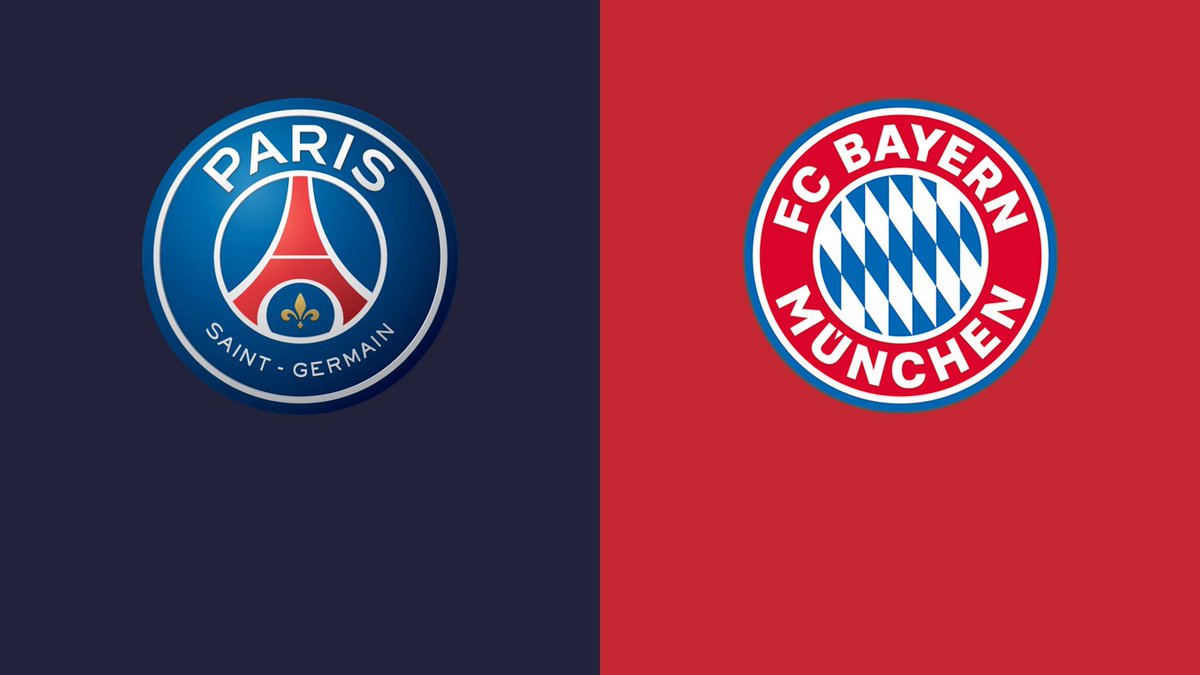

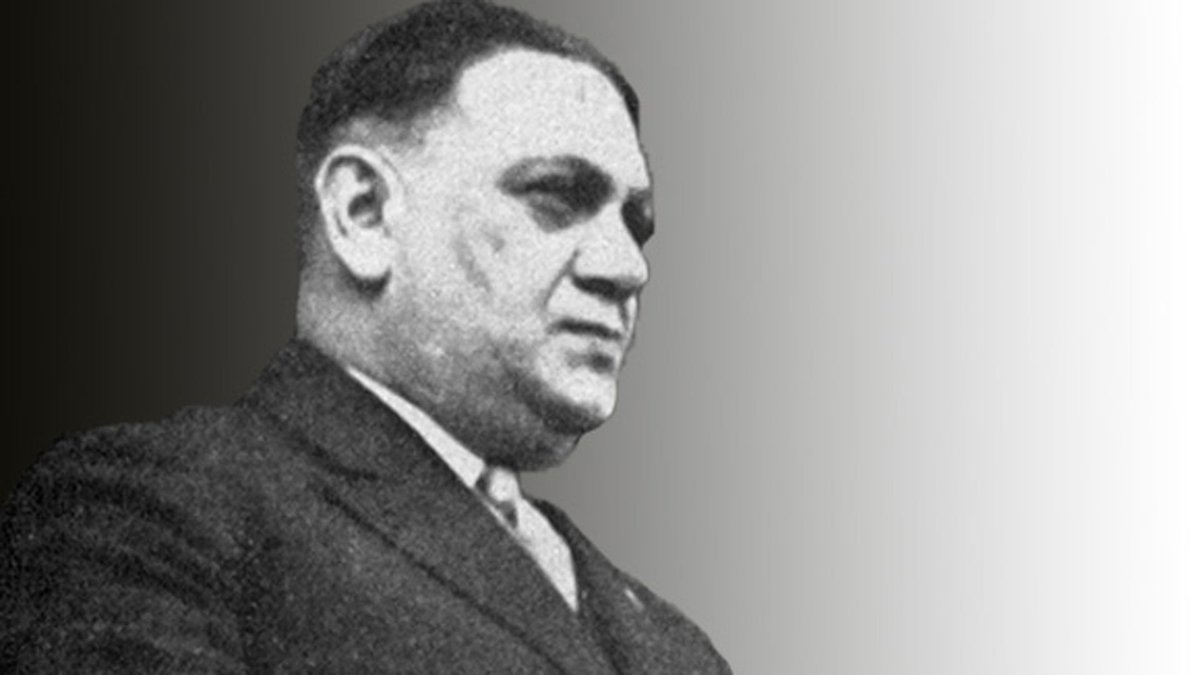

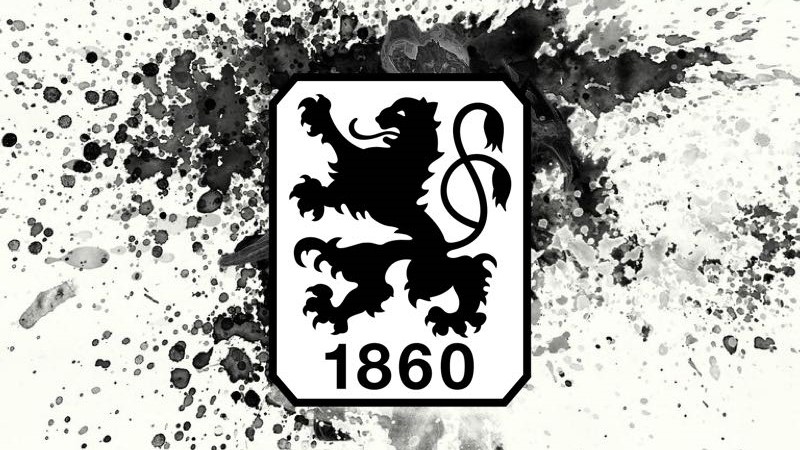
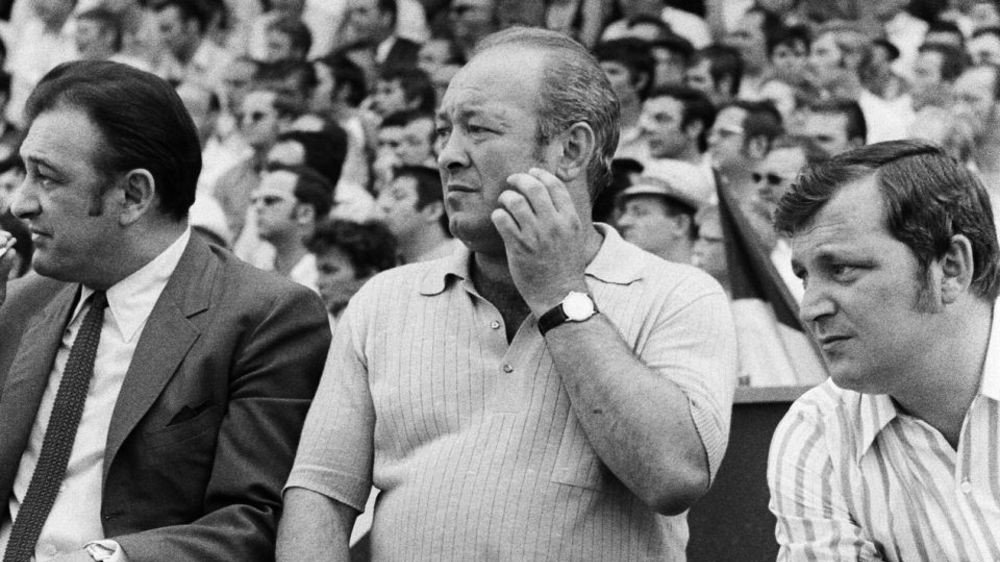

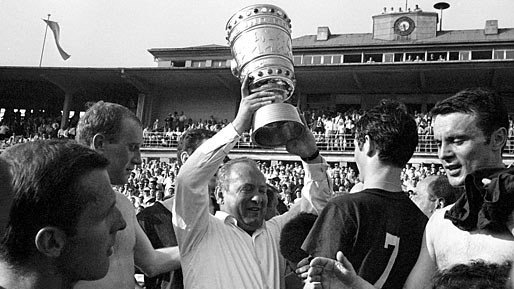
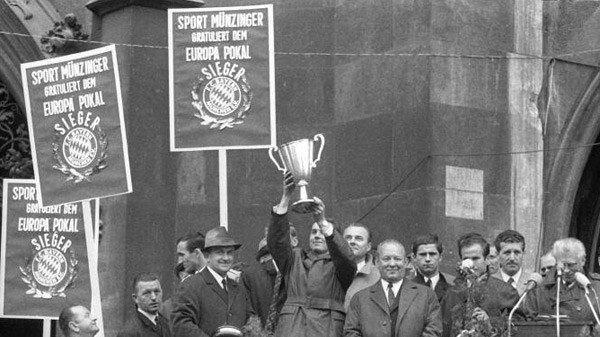
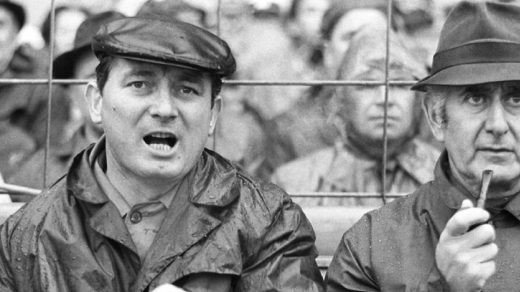

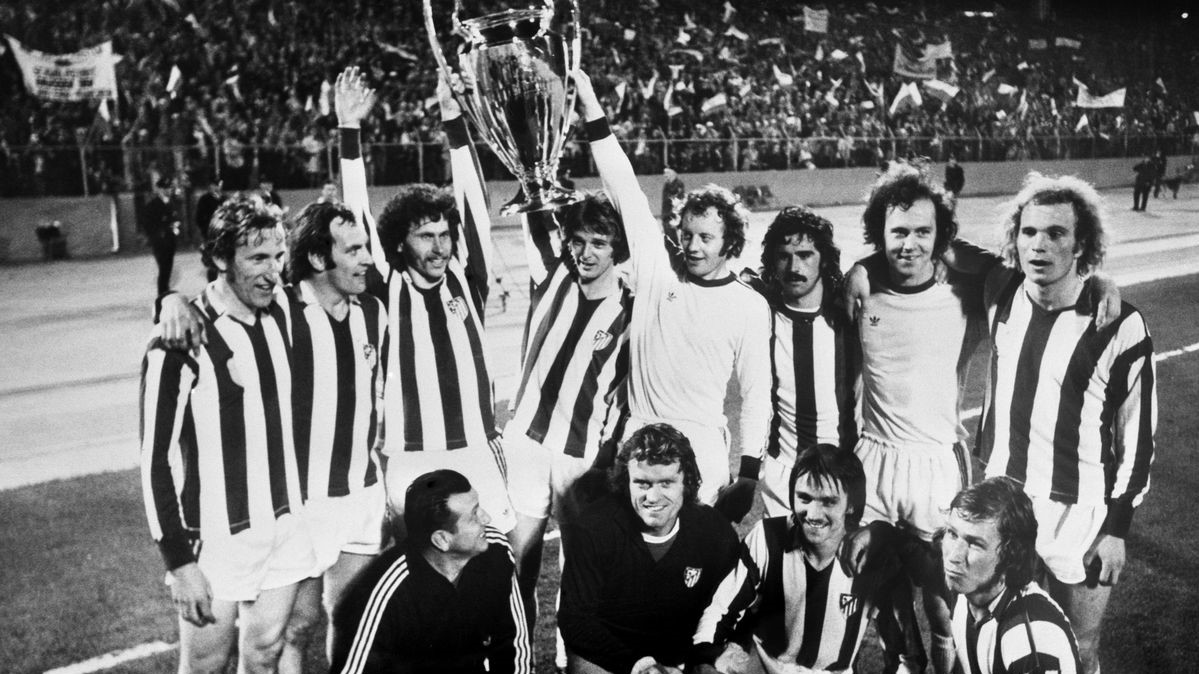

![However it all was possible due to a single decade of work which included excellent scouting networks, improvements in coaching and a golden generation of players that transformed Bayern from an underdog in their own city to one of Europe's elite.[END OF THREAD] However it all was possible due to a single decade of work which included excellent scouting networks, improvements in coaching and a golden generation of players that transformed Bayern from an underdog in their own city to one of Europe's elite.[END OF THREAD]](https://pbs.twimg.com/media/Ef9AkQFUMAUWnO3.jpg)


